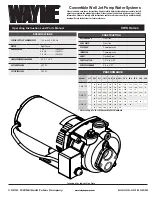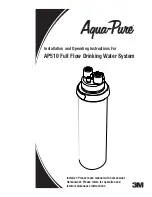
Beta Draft Confidential
16-2
1/19/05
ATM Services Configuration Guide for CBX 3500, CBX 500, GX 550, and B-STDX 9000
About SVCs
Address Formats
Address Formats
Before you configure your network for SVCs, you must decide which of the following
address format types to use:
ATM End System Address (AESA) format — AESA formats give service providers
using a private ATM network the flexibility to develop an addressing scheme that best
suits their network needs; for example, you may find that most CPEs in your network
only support a specific AESA address format.
AESA Anycast Formats – AESA Anycast formats give service providers “group
address” functionality for each of the AESA address formats. Using the Anycast
format, a call is placed to the group address and the network selects one of the
members to which the call will be routed. This group address could, for example,
represent a group of Internet servers which contain the same information and
perform identical functions. It does not matter which of these servers handles the
call.
Native E.164 address format — E.164 addresses are phone numbers. This address
format is simple and familiar; native E.164 addresses are a convenient choice for
service providers using a public ATM network (for example, Regional Bell Operating
Companies [RBOCs]) that already “own” E.164 address space.
The following sections describe these address formats.
AESA Formats
The GX 550 and CBX 500 support four AESA formats:
Data country code (DCC) — For DCC AESA addresses, the initial domain identifier
(IDI) is a two-byte data country code field that identifies the country in which this
address is registered. These country codes are standardized and defined in
International Standards Organization (ISO) reference 3166. DCC Anycast AESA
provides a group address function for this address type.
International Code Designator (ICD) — For ICD AESAs, the IDI field contains the
ICD that uniquely identifies an international organization. The British Standards
Organization administers these values. ICD Anycast AESA provides a group address
function for this address type.
Custom — A Custom AESA address enables you to use a customized octet structure
and a customized authority and format identifier (AFI).
Summary of Contents for CBX 3500
Page 888: ......
















































